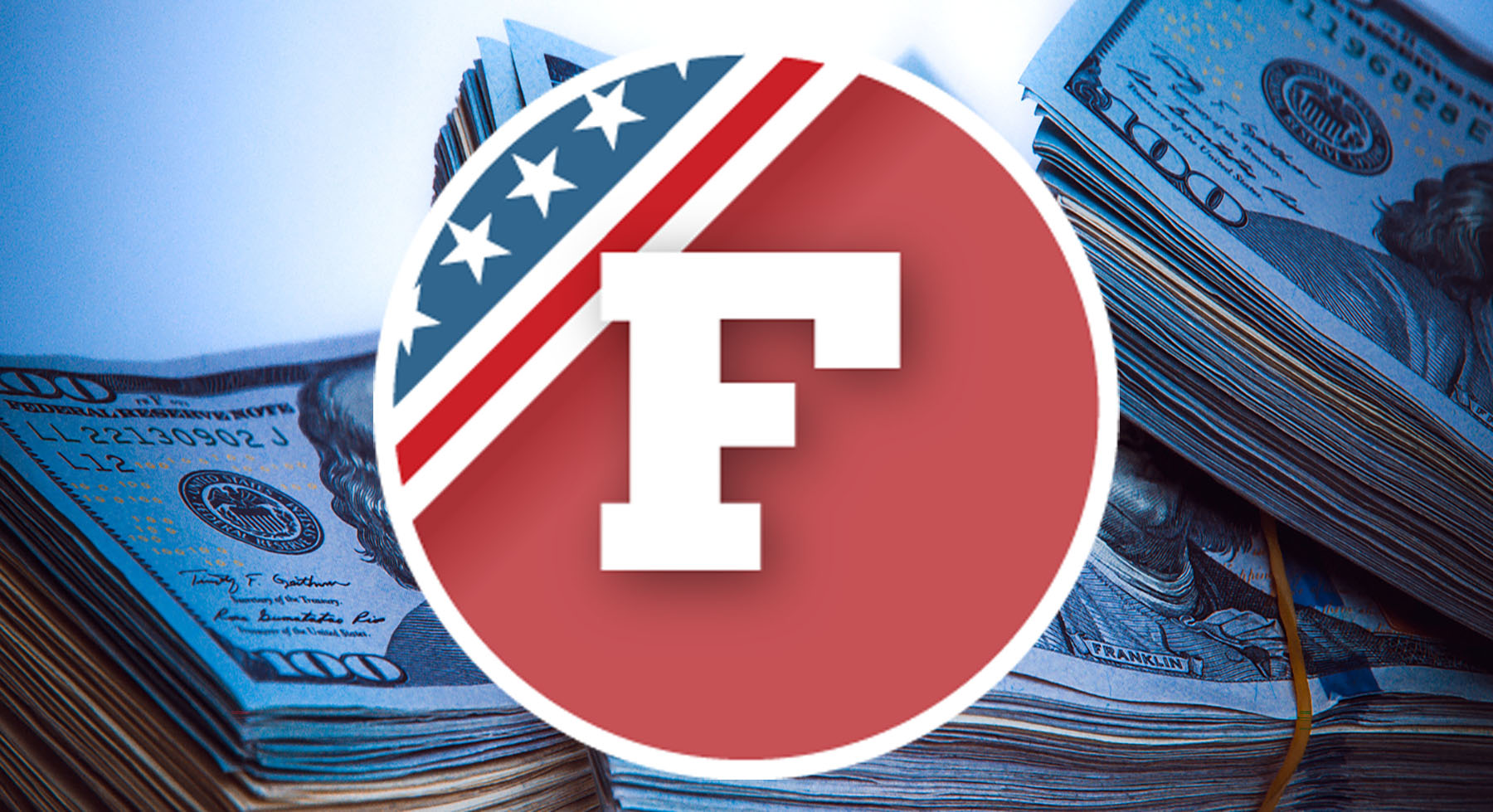In June 2019, District 4 Supervisor Gordon Mar introduced Proposition F, also known as the “sunlight on dark money” ballot initiative. The goal, according to Supervisor Mar, was to restrict “pay-to-play” donations and increase transparency in terms of who is contributing to candidates and their committees. However, what resulted was a ballot initiative—which was ultimately approved by approximately 77% of voters in the November election—that appears to only single out donations from the development community.
Campaign Contributions
Proposition F amended the San Francisco Campaign and Governmental Conduct Code by adding limited liability companies and limited liability partnerships, whether for-profit or nonprofit, to the business entities that are prohibited from directly contributing to candidate committees.
In addition, individuals, and any entities the individual controls or majority owns, are prohibited from contributing to the campaigns of candidates for mayor, Board of Supervisors, or city attorney if they have a pending land use matter before the City or a land use matter that was ruled on within the previous 12 months. The following would be prohibited from making these land use-related donations:
- People who have an ownership interest of at least $5,000,000 in a land use project or property;
- Individuals who hold a director or principal officer position in an entity with an ownership interest of at least $5,000,000 in a land use project or property; and
- Developers of projects with an estimated construction cost of at least $5,000,000.
Note that the prohibition on land use contributions is not applicable to matters concerning an individual’s primary residence.
Finally, Proposition F prohibits current members, prospective candidates, or their election committees from accepting or soliciting prohibited contributions. However, the law interestingly includes a “safe harbor provision,” which states that if the political committee or candidate accepted a prohibited contribution after doing “due diligence,” they will not be penalized other than having to forfeit the contribution to the City’s General Fund.
One of the ways to satisfy the “due diligence” requirement of the safe harbor provision is if the person or entity making the contribution states under penalty of perjury that the contribution is not prohibited. In that case, even if the candidate or committee knows or has reason to know that the contribution is illegal, the donor’s statement that it is not prohibited will constitute a complete defense from enforcement against the candidate and/or their committee. The wording of this safe harbor provision is certainly strange – but this is what the current law says. And although provisions of the Campaign and Governmental Conduct Code can typically be amended or repealed by the Board of Supervisors, the section that prohibits land use-related contributions (including the safe harbor protection for candidates and committees) can only be amended or repealed by the voters.
Campaign Advertisements
Proposition F also made a number of changes to campaign advertising laws, including:
- Lowering the threshold for qualifying as a top donor to political advertisements, which must be disclosed, from $10,000 to $5,000. If any of the top three major contributors is a committee, the disclaimer must also disclose both the name and the dollar amount contributed by each of the top two major contributors of $5,000 or more to that committee.
- Increasing the minimum Political Reform Act disclaimer size from 12 point to 14 point bold font.
- Requiring disclaimers in audio and video advertisements to be spoken at the beginning, rather than the end.
- Requiring committees that file late independent expenditure reports and associated advertisements to also file an itemized disclosure statement with the Ethics Commission for that advertisement(s)
- Requiring committees making independent expenditures to pay for mass mailings to file a copy of the mailing and an itemized disclosure statement with the Ethics Commission within five days. However, if the mass mailing occurs within the final 16 days before an election, the copy of the mailing and itemized disclosure statement must be filed within 48 hours.
Authored by Reuben, Junius & Rose, LLP Attorney Tiffany Kats
The issues discussed in this update are not intended to be legal advice and no attorney-client relationship is established with the recipient. Readers should consult with legal counsel before relying on any of the information contained herein. Reuben, Junius & Rose, LLP is a full service real estate law firm. We specialize in land use, development and entitlement law. We also provide a wide range of transactional services, including leasing, acquisitions and sales, formation of limited liability companies and other entities, lending/workout assistance, subdivision and condominium work.


